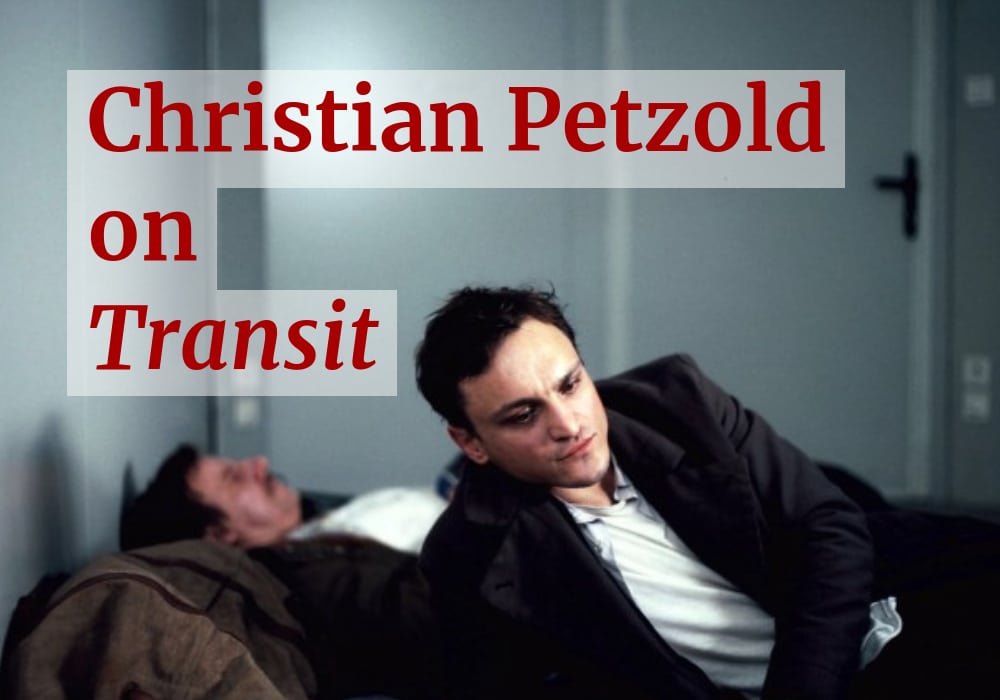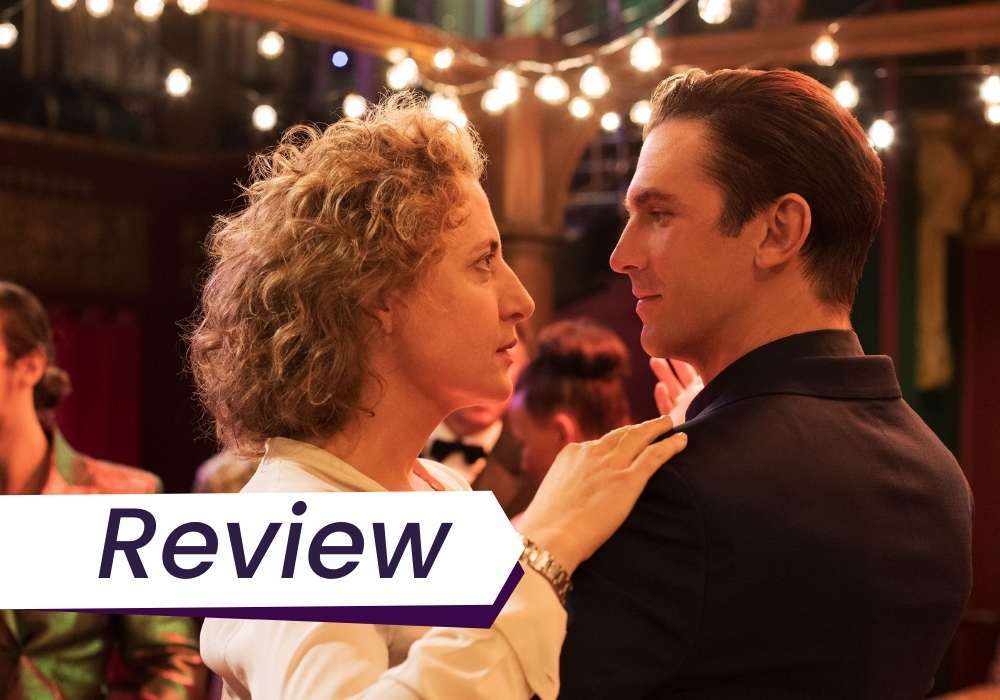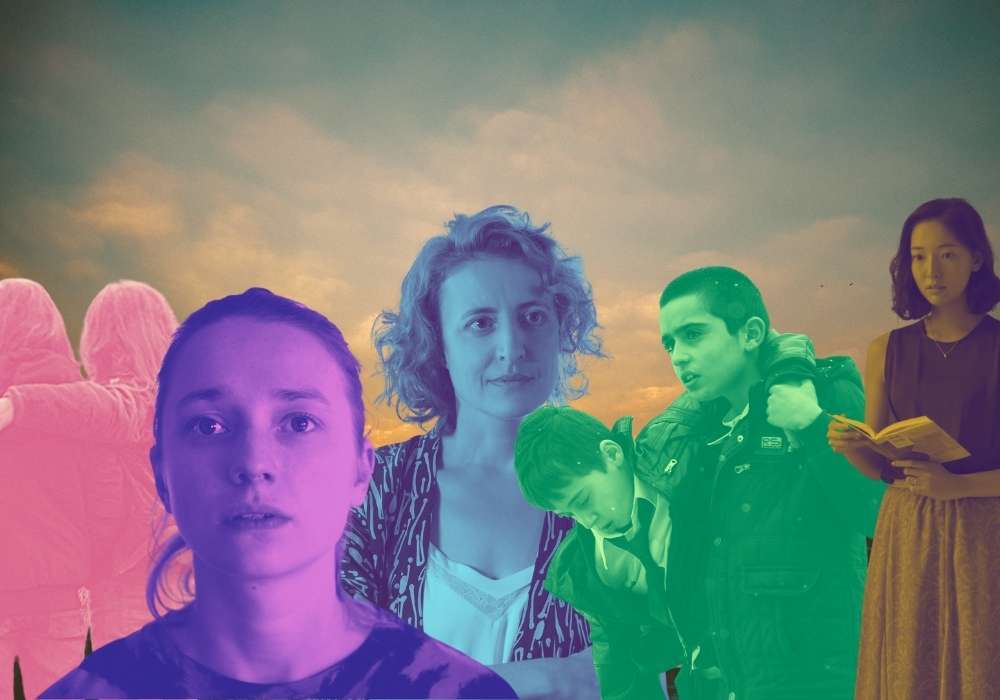San Francisco’s 2021 German and German-language film showcase, Berlin and Beyond, features highlights Exile and Veins of the World. The festival wraps tonight.
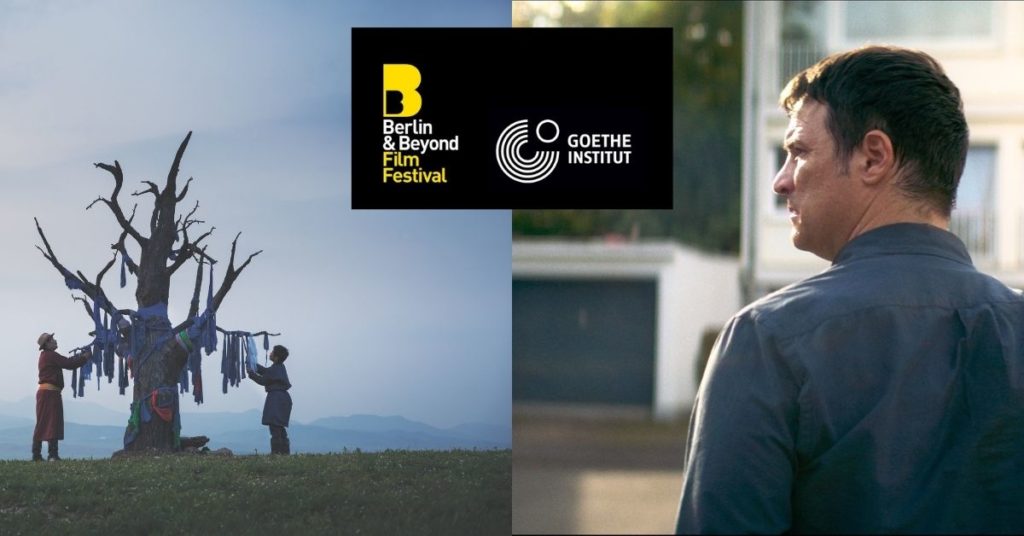
Discover one film you didn’t know you needed:
Not in the zeitgeist. Not pushed by streamers.
But still easy to find — and worth sitting with.
And a guide to help you do just that.
San Francisco’s annual showcase of German and German-language films, Berlin and Beyond, moved out of the Castro this year and into the drive-in and online because of the pandemic. This is one of my favourite San Francisco film festivals; I’ve seen wonderful films there that never screened in a cinema otherwise or may have even completely disappeared. A couple of years ago, I adored the opening film, 25 km/h, a comedic road movie in which Lars Eidinger tap dances and Sandra Hüller is the quiet, aspirational love interest. Though the film was a hit in Germany, it’s still not available to watch in North America. Last year’s fest featured Caroline Link’s new film, When Hitler Stole Pink Rabbit, which was just released in cinemas in the US; Link received a special tribute this year, looking back at her film Nowhere in Africa.
This year’s fest features some still-to-be released festival gems, like Visar Morina’s Exile, some films already in virtual cinemas (e.g. Berlin Alexanderplatz), and some that have still yet to secure US distribution (Veins of the World). Ironically, two of my favourite films were both Oscar submissions for Best International Film for countries other than Germany: the German-set Exile was Kosovo’s entry, and the Mongolia-submitted German-funded Veins of the World.
Exile
In Visar Morina’s Exile, experiencing xenophobic microagressions is akin to slowly losing your mind. Kosovo’s Oscar submission for Best International Feature is set in suburban Germany, where Xhafer (Misel Maticevic), an immigrant from Kosovo, lives with his wife, Nora (the great Sandra Hüller) and their two children. At the beginning of the film, he finds a dead rat on his doorstep, and soon becomes convinced that the prejudiced people at his office are out to get him.
Everywhere he goes, conversations happen with people’s backs turned to him. The hallways at work are labyrinthine, the camera following him through their twists and turns and unwelcoming yellow light. When he raises his concerns with his wife, she suggests that maybe people just don’t like him, and she has a point: his paranoia is making him awful, and he’s cheating on her, to boot. He thinks he’s the particular victim of colleague Urs (Rainer Bock) who seems to openly exclude Xhafer from office social events, as well as important work emails. The quiet suburban setting of beautiful identical homes in a row adds to the film’s tension as a reminder that cruelty happens even in the most beautiful environs.
Slowly, Xhafer starts to lose his grip on reality, but is it because of the xenophobia he experiences or is it just that both can have similar effects? Morina keeps this deliberately ambiguous, showing us the microaggressions without them ever tipping into open hostility in the way Xhafer’s own actions do after he gets fed up with the treatment he’s experiencing. Morina keeps us in Xhafter’s skewed perspective, the camera almost always following him so we, too, feel excluded from conversations between people with their backs turned to us. The film thus works as a thriller and a portrait of the trauma of the immigration experience, even for someone as privileged as Xhafer — white, wealthy, documented — and of a marriage on the brink because of the effects of this trauma.
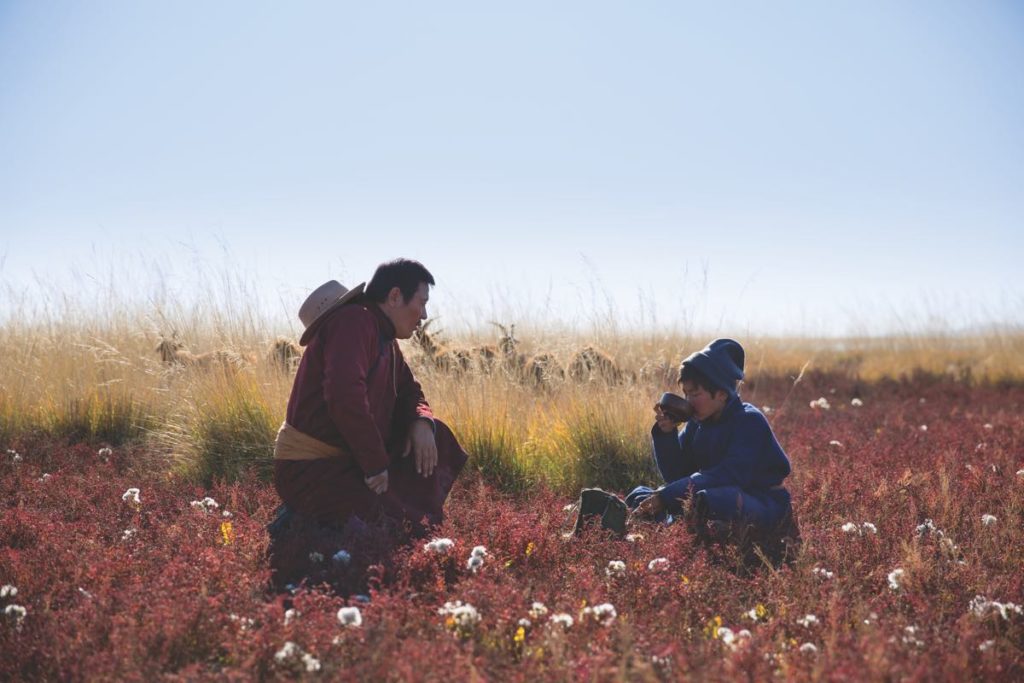
Veins of the World
Byambasuren Davas’s gorgeous Veins of the World, Mongolia’s submission for the Best International Film Oscar, is the sort of film that, under any other circumstances but a global pandemic of an airborne virus, I’d encourage everyone to see on the biggest screen possible. The sweeping landscapes of the Gobi desert and the film’s ability to transport you to this faraway place are its biggest draw, but fortunately, you can still get much of this experience on a big TV at home.
The plot of Veins of the World is a bit facile, but the storytelling is sensitive enough to leave a deep emotional mark. It’s the story of a young Mongolian boy, Amra (Bat-Reedui Batmunkh), who lives with his parents in a traditional Nomadic lifestyle. Their way of life is in danger, however, because of a mining company that is taking root in the area. His father leads the fight to stop the mining company from displacing them and ensure the company does the “renaturing” of the land that they promised. His mother is more pessimistic, feeling they can’t really fight the company and would be better off taking the payout offered to move rather than wait and still be displaced and get nothing.
Amra, meanwhile straddles two worlds: he goes to school in town, where he and his friends play on smart phones and watch television, but he lives at home in a yurt without electricity. He’s close with his father, and his life is upturned when his father suddenly dies, putting the family in particularly dire financial straits. Amra’s solution is to help with a small illegal mining operation, the very thing his father was fighting against, though the plan is short lived.
The film’s biggest emotional punch comes at the end when Amra sings a song about the destruction of the land at a national “Who’s got talent?” competition. Davas juxtaposes his voice with aerial shots of the beautiful landscape of his home, which move backward to slowly reveal how existing mining activities are already destroying the land. Knowing what the land means to Amra makes this particularly impactful, allowing the film to be a quiet call-to-action to stop this destruction, even if its child’s perspective keeps it from dealing with the complexities of the situation.
You could be missing out on opportunities to watch great films like Exile and Veins of the World at virtual cinemas, VOD, and festivals.
Subscribe to the Seventh Row newsletter to stay in the know.
Subscribers to our newsletter get an email every Friday which details great new streaming options in Canada, the US, and the UK.
Click here to subscribe to the Seventh Row newsletter.
